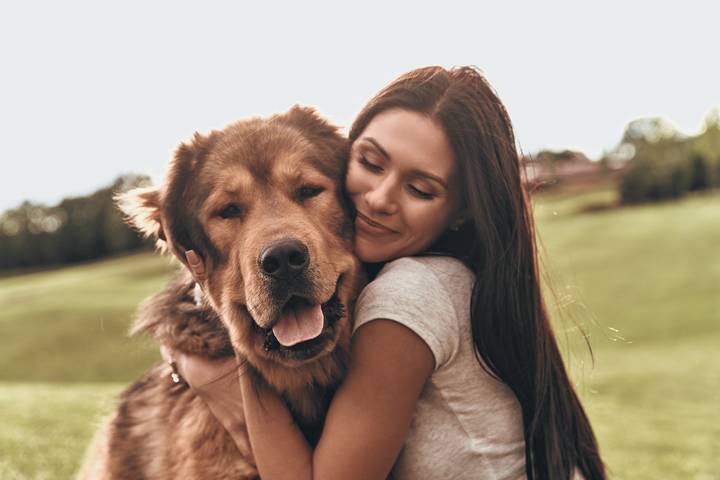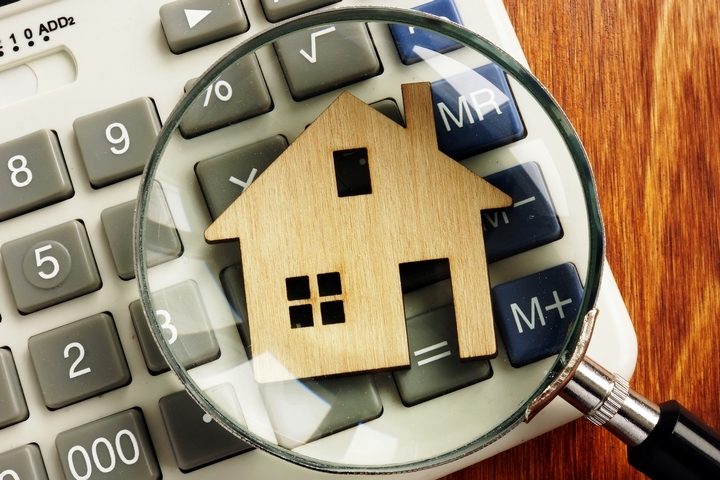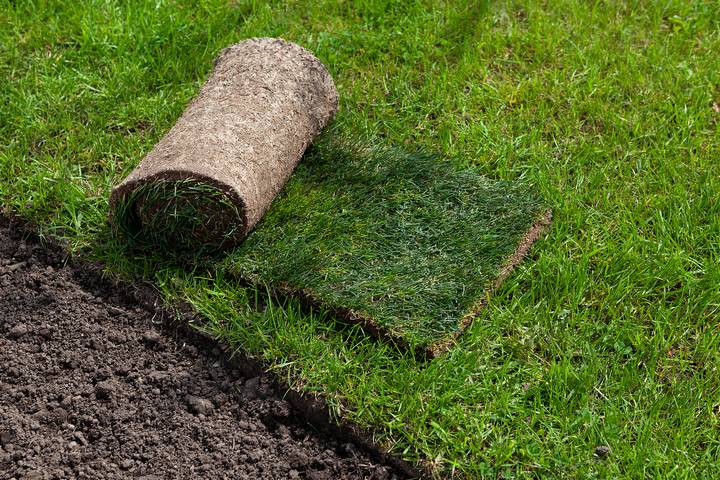How to Get a Dog to Gain Weight Quickly

As the adage goes, a dog is a person’s best friend. Having a canine companion can be an incredible experience, bringing some much-desired joy to one’s life. Moreover, a dog can be an immense stress reliever, simply by going on a walk to the park with them or playing fetch. No matter what physical bonding time you have, they must be healthy to participate.
Your dog’s well-being is contingent on several areas, each of which is important for various reasons. Weight is one of those areas where you need to tread carefully over time as well. However, you don’t have to worry if your dog is under a healthy weight or needs more weight. There are easy solutions available.
Let’s learn how to get a dog to gain weight quickly:
Find out why the dog is underweight.
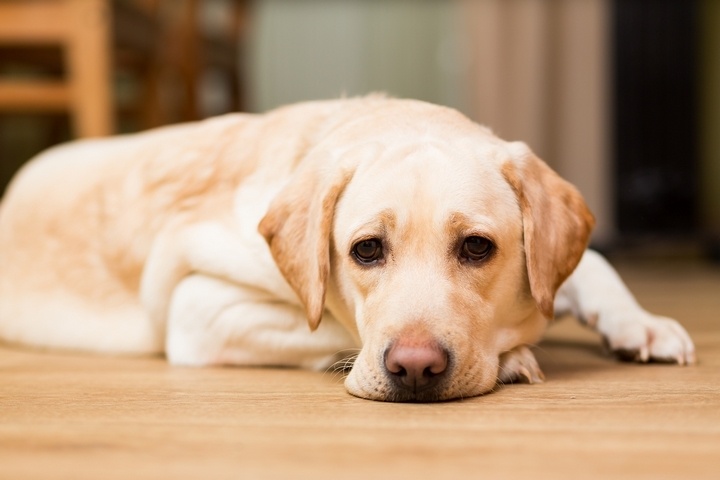
Before you think about how to increase your dog’s weight, take a small assessment first. There could be bodily issues at play for those with canines who are underweight. For example, they may have internal organs not functioning as well as they could be.
This can come in the form of visible ribs or hips, which indicates being underweight. You should also take a look at how the dog performs on a day-to-day basis. Check for mental deficiencies if they have low energy levels or are not paying attention. These factors could be the impetus needed to bring them back to a healthy state.
Record your dog’s weight in a journal.

An extension of the previous point involves keeping track of your dog’s wellbeing in a journal. Make sure you take the time to record what it is eating and how it is performing. As the weeks go by, you will also have to record how much exercise it takes. Don’t be afraid to note its behaviour and mood either.
After enough time has elapsed, look for patterns inside your daily entries. There will eventually be some indicator of why your dog may lose weight. Or, there could be a hidden solution as to what is needed for increasing its weight. It may be redundant, but it all adds up when trying to better your dog’s health.
Use raw dog food for weight gain.
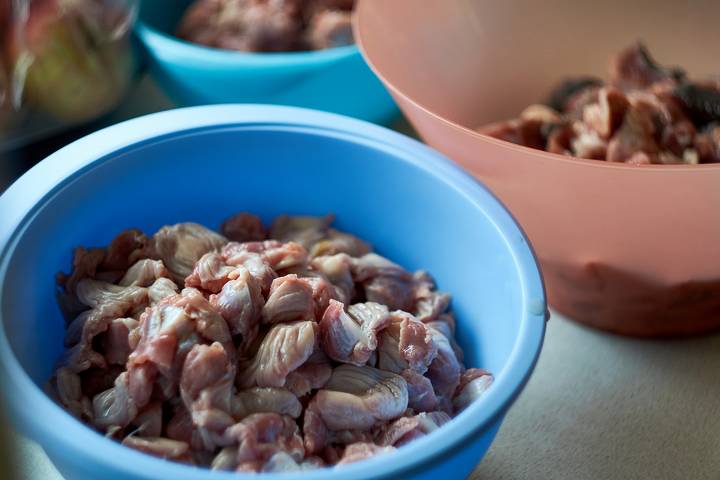
In regards to the diet itself, you may have a ton of options available to you. Various meals can be given to your dog to help its weight management. Moreover, these specific foods can also bring many minerals and vitamins in one serving. Raw dog food is one of those meals which should be served daily.
The dish is comprised of many nutrient-rich foods in its primal state. It can be served according to your dog’s needs or as directed by a veterinarian. You may even find that it is much more viable than other processed meals overall. When in doubt, it always helps to give it a shot!
Use quality dog food ingredients.
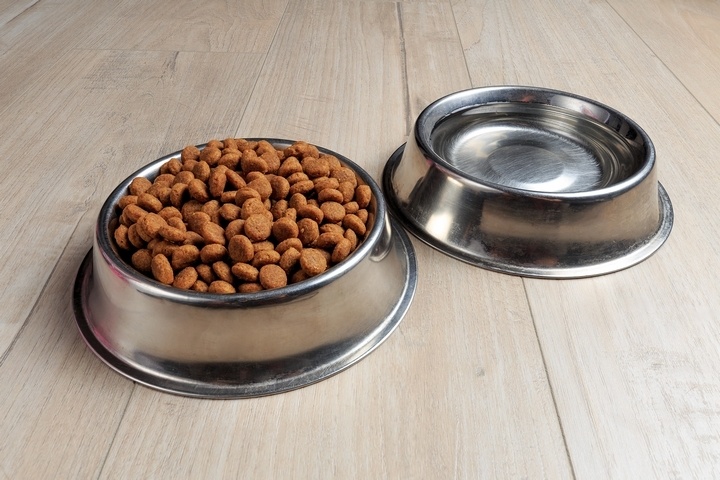
Like raw dog food, other meals given to your dog should contain premium ingredients. For example, try to feed them organic and grain-free foods. There are a ton of products that contain these ingredients, all of which are delectable to your dog’s stomach.
Make more smaller meals for your dog.
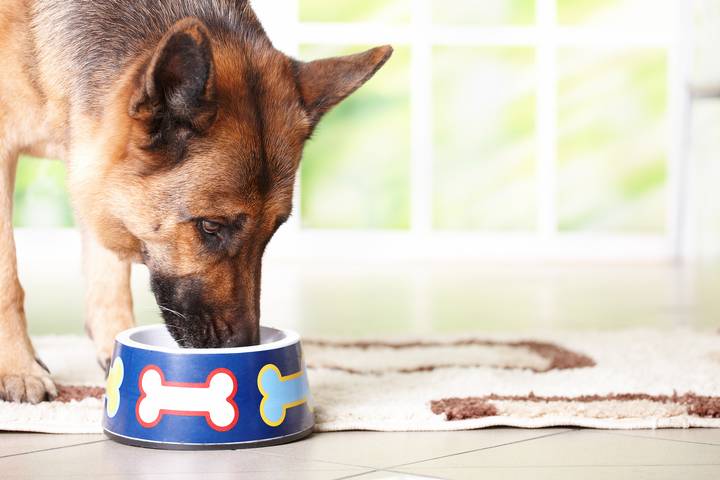
Regarding the number of meals you should feed your dog, it is best to go with quantity and quality. Try to provide them with smaller meals throughout the day. It may be challenging to deal with, especially if you are not home, but try your best. The little meals go a long way!
Give your dog weight gain snacks.

You may want to go for weight gain-specific snacks to assist you with this weight management goal. Not only are they extremely tasty, but they allow your dog to consume more calories per serving. If consistently given to your dog, you will eventually see an uptick in their weight.
Help your dog exercise.
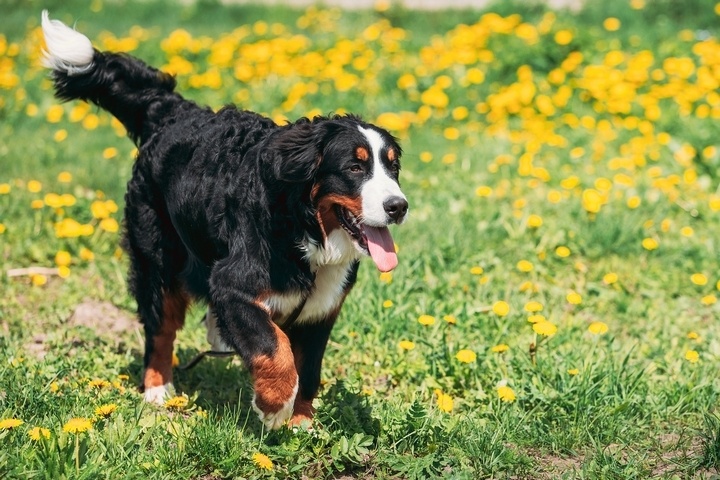
Don’t forget to help your dog out with exercise as well! It may seem counterproductive in terms of gaining weight, but it works hand-in-hand with the goal. Try to get in at least twenty to thirty minutes daily to streamline your dog’s weight-gaining goals.
Get a veterinarian assessment.
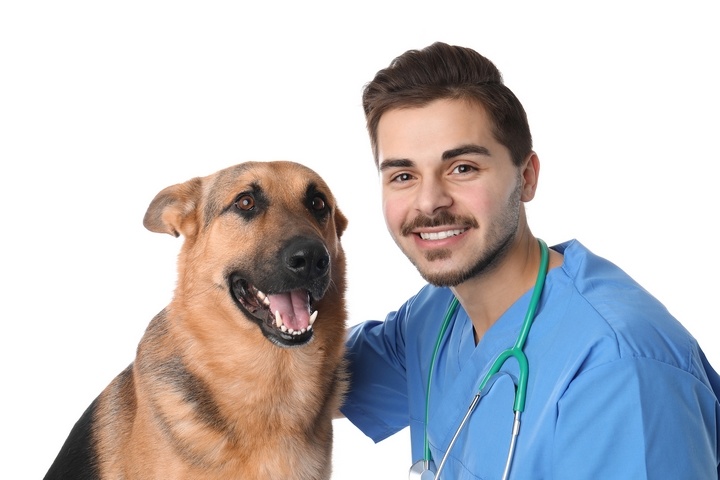
You can only do so much alone when helping your favourite canine out. Get yourself a second, professional opinion by checking in with your veterinarian. They can give you an inside look into how your dog is doing and how to better its health overall. Never be afraid to ask some key questions; your dog will thank you for it in some way after!





